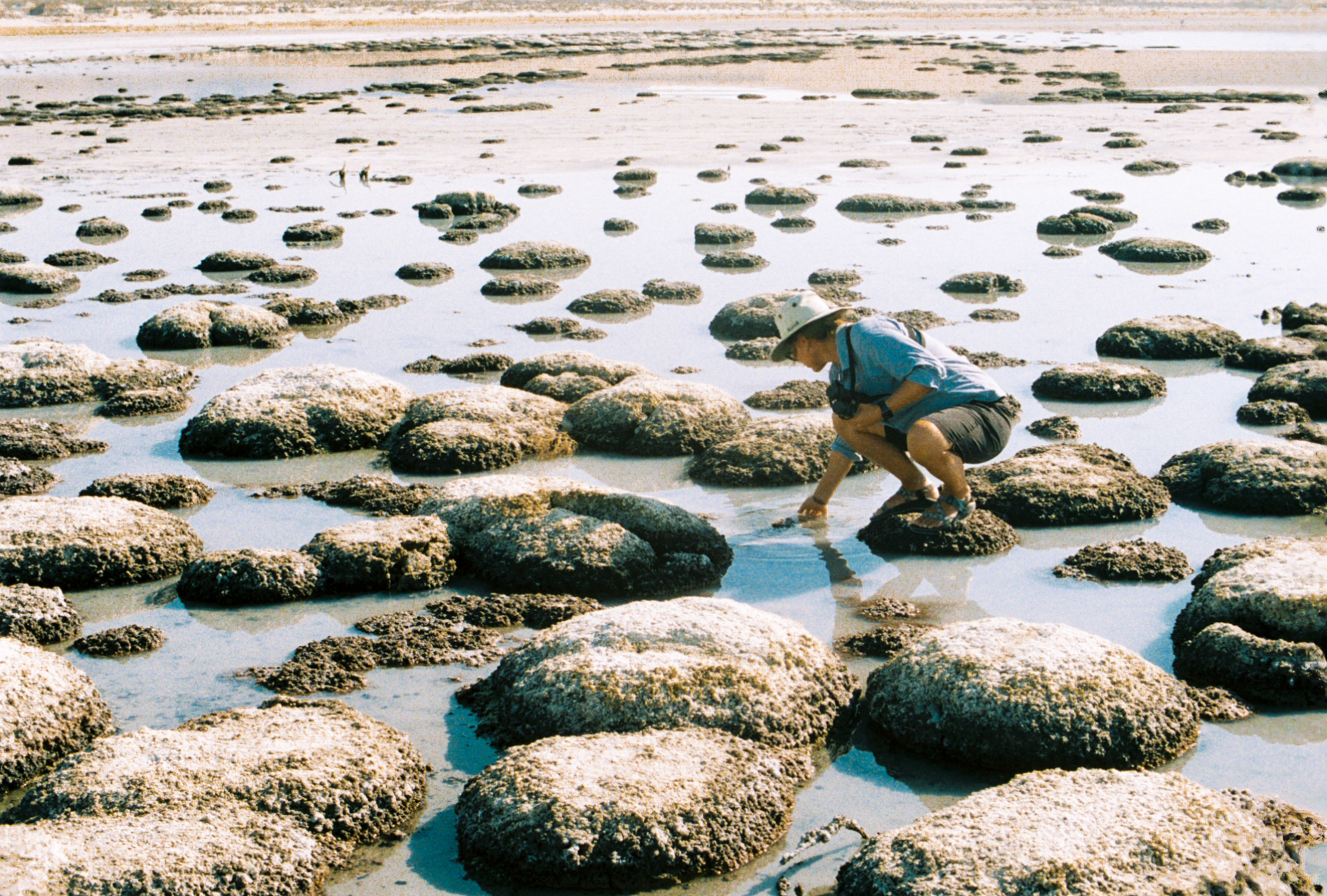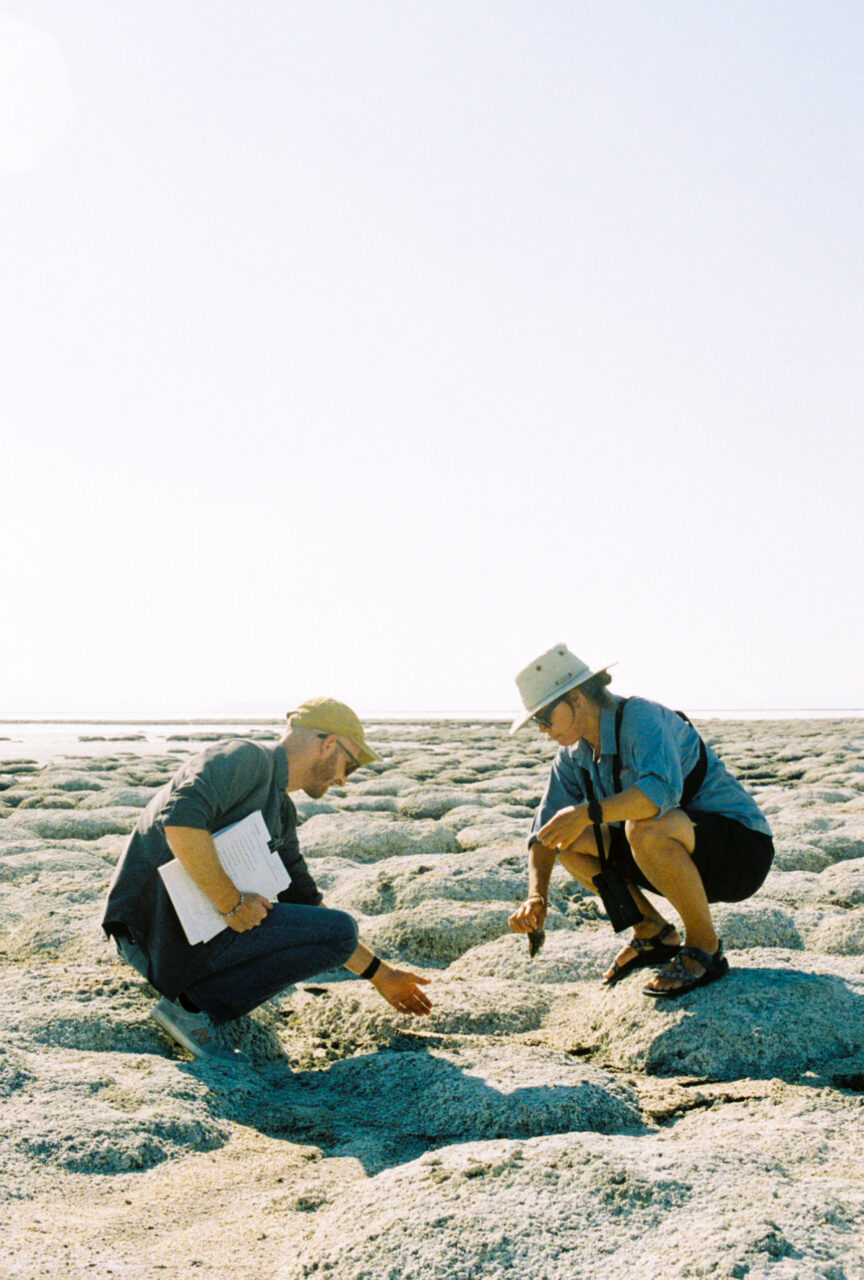
According to the Utah Division of Wildlife, 44% of the Great Salt Lake has been lost since 1875 when its water levels were first monitored, and recent data shows a downward trend has continued.
The Utah Division of Wildlife predicts the negative trend will continue because of climate change and Utah’s ever growing human population.
“It is estimated that the lake is 11 feet lower due to human diversions,” according to the website.
The Healthy Environment Alliance of Utah states air pollution is a dominant environmental issue in Utah because of its increasing development and population.
In the face of this, students are making a focused effort to positively impact the local environment, both on campus and within the community.
Environmental efforts at BYU
The Sustainability Office fulfills BYU’s goal to help students “improve the moral, social, and ecological environment in which they and their families live” and focuses on principles of earthly stewardship, according to Breman Leak, a sustainability manager for BYU.
For the last two years, faculty, staff and students have been working on plans to make BYU a more sustainable campus, he said.
“These plans draw on internal assessments, external benchmarking, and industry best practices,” Leak said.
According to Leak, these plans align with the priorities of The Church of Jesus Christ of Latter-day Saints as well as those of Provo City.
The Sustainability Office leads a weeklong campus initiative each semester called Green Week.
This semester, Green Week included a service project, an environmental steward storytelling competition, a film screening and a collaboration with the Museum of Art’s exhibit Primal Forces.
The Sustainability Office also collaborates with community organizations.
Grow the Flow is an organization started by two BYU professors Ben Abbot and Rachel Wood. Abbot teaches plant and wildlife sciences and Wood teaches in the biology department.

According to Sarah Whitney, a BYU graduate student of environmental science, the purpose of Grow the Flow is to be a centralized group for people who want to help increase water levels in the Great Salt Lake.
Whitney volunteered to start the Provo chapter of Grow the Flow this semester. She said Grow the Flow is a more visible, accessible way students can be activists.
“Our goal is to help students get involved with helping the lake … sometimes as a student you want to help but you don’t know where to start,” she said.
According to Whitney, Grow the Flow collaborates with the Sustainability Office and the Student Sustainability Initiative to reach more BYU students.
There are four main goals of Grow the Flow: to form a group of people to lobby, to reduce consumptive water, to increase river flow and to restore lake levels, she said.
To achieve these there are four main branches of the organization: one to create a public action network of advocates, one to develop research, one to accelerate water policies and one to raise funds for the organization, Whitney said.
According to Whitney, the best thing for students who want to get involved is to reach out to her or join the Grow the Flow group chat via Teams to stay up to date on volunteer opportunities.
How students can live more sustainably
Danny Dudley, a recent BYU graduate who studied strategic management and environmental science and sustainability, now works as an energy consultant for a company researching global energy in Boston.
While large corporations make most of the environmental impact, personal responsibility is still important, Dudley said.
“It’s less about how many tonnes of CO2 am I removing from the atmosphere … How is this changing the way I see the world, the way I interact with other people … with God’s creation,” he said.
He explained as individuals have these changes of attitude and perspective, a larger impact will follow.
BYU neuroscience student Beck Seamons shared he is passionate about environmental protection. He recently interned in Washington, D.C. with the Bureau of Oceans and International Environmental and Scientific Affairs.
He said students can be more environmentally conscious by biking instead of driving, purchasing things secondhand, reducing their meat intake and really considering where something goes when it is thrown away.
“I think a lot of us throw away things … and don’t think about it. That bottle that I drank from last year is sitting somewhere even still,” he said.
Leak believes students should recycle when on campus and can request recycling from their landlord if it is not already offered. He said recyclables can also be taken to Kiwanis Park.
“Reduce your own environmental impact. Shop and eat locally. Thrift. Reuse and repurpose. Pick up trash. Try growing your own herbs and vegetables,” Leak said.
He encouraged students to make a difference by educating themselves on environmental issues and looking for ways to make a positive impact in their community.




